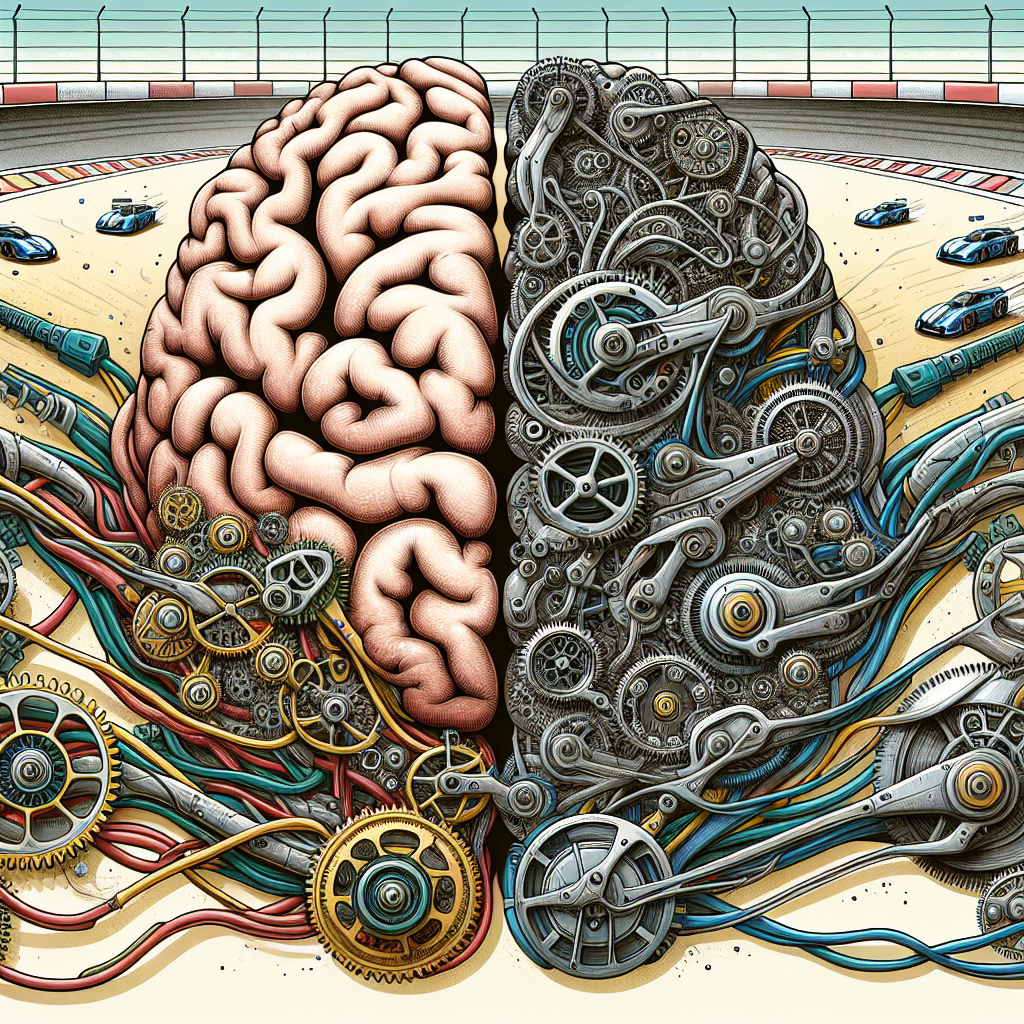The Race Towards AGI: How Close Are We to Achieving Human-Like Intelligence?
Artificial General Intelligence (AGI) refers to a type of artificial intelligence that possesses the ability to understand, learn, and apply knowledge in a way that is similar to human intelligence. While we have made significant advancements in the field of artificial intelligence in recent years, achieving AGI remains a complex and challenging task.
In this article, we will explore the current state of AGI research, the challenges that researchers face, and the potential implications of achieving human-like intelligence in machines.
The Current State of AGI Research
While artificial intelligence has made significant progress in recent years, particularly in the areas of machine learning and deep learning, achieving AGI remains a distant goal. Researchers are still working to develop algorithms and models that can replicate the complex and nuanced ways in which human intelligence operates.
One of the key challenges in developing AGI is creating systems that can generalize their knowledge and apply it to a wide range of tasks and domains. While current AI systems are highly specialized and excel at specific tasks, they lack the flexibility and adaptability of human intelligence.
Another challenge is developing AI systems that can understand and reason about the world in a way that is similar to human cognition. This requires developing models that can learn from experience, make inferences, and generate creative solutions to complex problems.
Despite these challenges, researchers are making progress in developing AI systems that exhibit human-like intelligence in certain domains. For example, researchers have developed AI systems that can play complex games like chess and Go at a superhuman level, understand and generate natural language, and even create works of art.
The Implications of Achieving AGI
The potential implications of achieving AGI are vast and far-reaching. If researchers are successful in creating machines that possess human-like intelligence, it could revolutionize nearly every aspect of society.
In the field of healthcare, AGI could be used to analyze medical data, diagnose diseases, and develop personalized treatment plans for patients. In education, AGI could be used to create personalized learning experiences for students, tailor instruction to individual needs, and provide real-time feedback to educators.
In the field of transportation, AGI could be used to develop autonomous vehicles that can navigate complex environments, make split-second decisions, and communicate with other vehicles on the road. In the field of finance, AGI could be used to analyze market trends, predict stock prices, and optimize investment portfolios.
However, achieving AGI also raises ethical and societal concerns. For example, there are concerns about the potential impact of AGI on the workforce, as machines with human-like intelligence could potentially replace human workers in a wide range of industries. There are also concerns about the potential misuse of AGI for malicious purposes, such as developing autonomous weapons systems or surveillance technologies.
FAQs
Q: How close are we to achieving AGI?
A: While significant progress has been made in the field of artificial intelligence, achieving AGI remains a distant goal. Researchers are still working to develop algorithms and models that can replicate the complex and nuanced ways in which human intelligence operates.
Q: What are the key challenges in developing AGI?
A: One of the key challenges in developing AGI is creating systems that can generalize their knowledge and apply it to a wide range of tasks and domains. Another challenge is developing AI systems that can understand and reason about the world in a way that is similar to human cognition.
Q: What are the potential implications of achieving AGI?
A: If researchers are successful in creating machines that possess human-like intelligence, it could revolutionize nearly every aspect of society. AGI could be used to improve healthcare, education, transportation, finance, and many other industries.
Q: What are some of the ethical concerns surrounding AGI?
A: There are concerns about the potential impact of AGI on the workforce, as machines with human-like intelligence could potentially replace human workers in a wide range of industries. There are also concerns about the potential misuse of AGI for malicious purposes, such as developing autonomous weapons systems or surveillance technologies.
In conclusion, the race towards achieving AGI is ongoing, with researchers making significant progress in developing AI systems that exhibit human-like intelligence in certain domains. While achieving AGI remains a complex and challenging task, the potential implications of achieving human-like intelligence in machines are vast and far-reaching. As we continue to push the boundaries of artificial intelligence, it is important to consider the ethical and societal implications of achieving AGI and work towards developing AI systems that benefit society as a whole.

